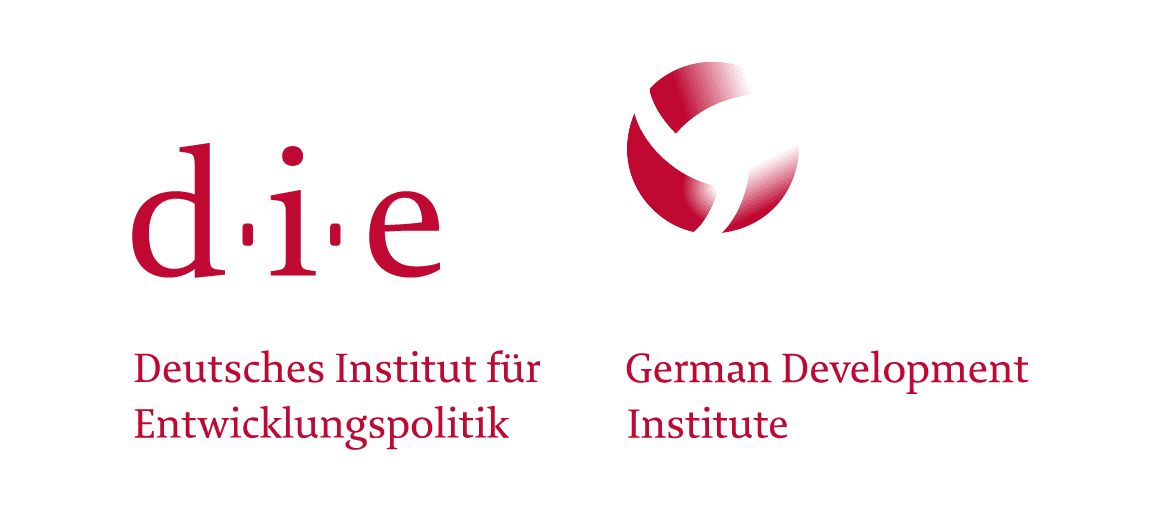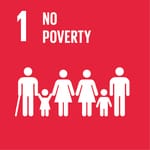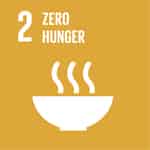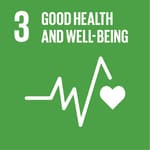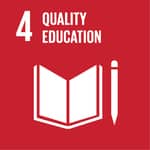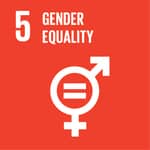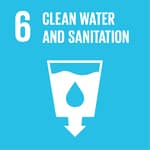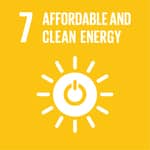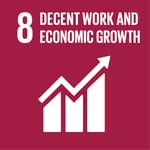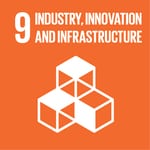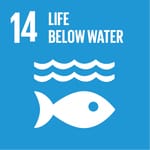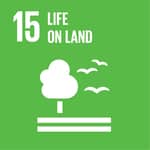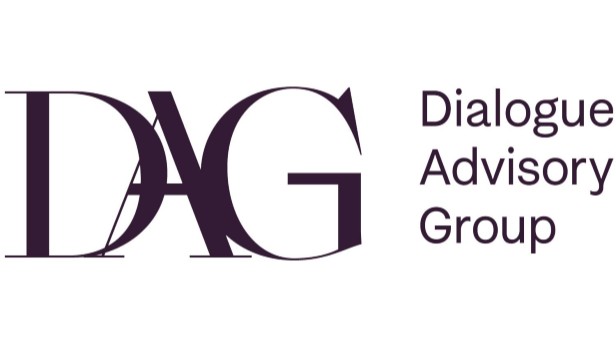It seeks to adopt an understanding of international policy-making and cooperation broader than the predominant binary understandings of the past (North-South, rich-poor) and develops concepts for the future strategic orientation of this cooperation and these policy-making activities. To this end, it supports a global public welfare policy geared towards the concept of sustainable development through multidisciplinary research, impact-oriented policy advice, and internationally oriented training.
Projects/Research Programs:
- Inter- and transnational cooperation – Based on the premise that the best way for nation states to uphold their interests is to create formal international institutions. This gives rise to three closely interlinked dimensions
- Transformation of Economic and Social Systems – Examines the impacts of global economic dynamics on developing countries and emerging economies and observes the interplay between globalization on the one hand and national economic and social policy strategies and initiatives on the other.
- Environmental Governance and Transformation to Sustainability – Examines different strategies for the protection of the global climate, the environment and natural resources and scrutinizes the extent to which they meet the transformative requirements of the Paris Climate Agreement and the 2030 Agenda. Two clusters that focus on global environmental governance and (sub-) national transformation strategies, and governance of natural resources for the common good.
- Transformation of political (dis-)order – Investigates the normative and institutional preconditions that explain politics and policy-making oriented towards the common good. Looks into topics like green economy.
- Cross-Cutting Research – Focuses on topics that sit at the interface between the other research topics and that are particularly important for successful transformation processes and that must be addressed using technical and methodical innovations.
- Regional Expertise – Focused on regional expertise in different regions. Each regional site lists research contacts and provides more information on publications, current projects, events, research partnerships, networks and sector networks in and with the regions concerned.
- Policy Advice – The advisory work is based on independent, empirical scientific research. Whether carrying out research or providing policy advice, we are increasingly working in global contexts, with our researchers collaborating in worldwide networks to develop policy recommendations.
- Library and documentation – Offers about 15.000 volumes, 150 periodicals and the most important German and English daily and weekly newspapers. In addition to standard references, the library maintains professional literature for each research and consultancy field of its research staff.
Training Programs:
- Postgraduate Training Programme – A nine-months program that prepares up to 20 German and European university graduates for the challenging tasks and responsibilities of German and international development cooperation.
- Managing Global Governance (MGG) Academy – Provides courses aimed at highly qualified young professionals from currently six emerging economies, who work in government bodies, policy-oriented think tanks and research institutions.
- Doing your PhD – Encourages young researchers in doing a PhD by supporting them with a structured doctoral program.
- Vocational Training – Trains young people to become Office Communication Managers.
Publications:
HIGHLIGHTS:
- Non-Economic Loss and Damage in the Context of Climate Change (2017, 38p.) – This paper looks into the concept of non-economic loss and damage (NELD) that captures the impacts of climate change that are hard to quantify and often go unnoticed by the outside world, such as the loss of traditional ways of living, cultural heritage and biodiversity. It also encapsulates losses whose valuation raises ethical concerns – loss of life and human health.
- Comparing global trends in multidimensional and income poverty and assessing horizontal inequalities (2019, 58p.) – A discussion paper with three objectives: (1) to analyze the trends in multidimensional poverty in low- and middle-income countries, (2) to explore rural-urban differences in poverty over time, and (3) to assess the validity of the claim that there has been a feminization of poverty.
- The Relevance of Environmental Research for Development Studies (2019, 406p.) – A social environmental study that looks into the cumulative environmental impacts of human activity and how they are likely to make the earth uninhabitable for the human species. It looks into future strategies for ensuring human prosperity at global level.
- The developed/developing country division in the global economy: losing traction in the COVID-19 era? (2021) – It investigates whether the “economic repercussions of the COVID-19 pandemic reinforce this trend and further blur the developed/developing country divide in the global economy. We find a nuanced picture that contains elements of both continuity and change: while the short-term implications of the COVID-19 pandemic cut across the developed/developing country distinction, its long-term economic repercussions largely reiterate the divide—with the exception of China among the emerging markets.”

